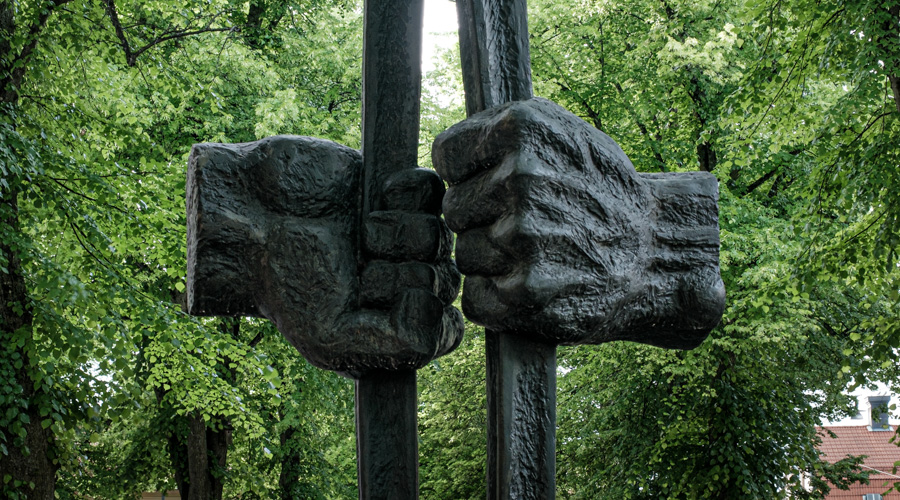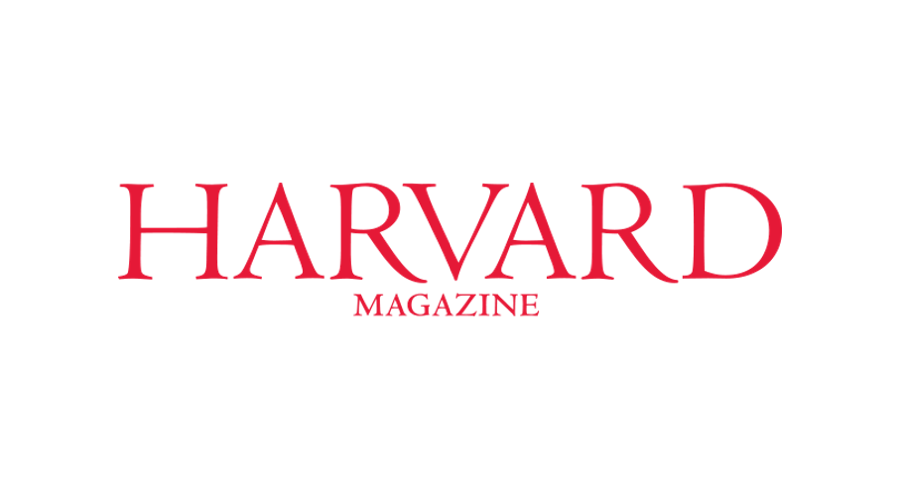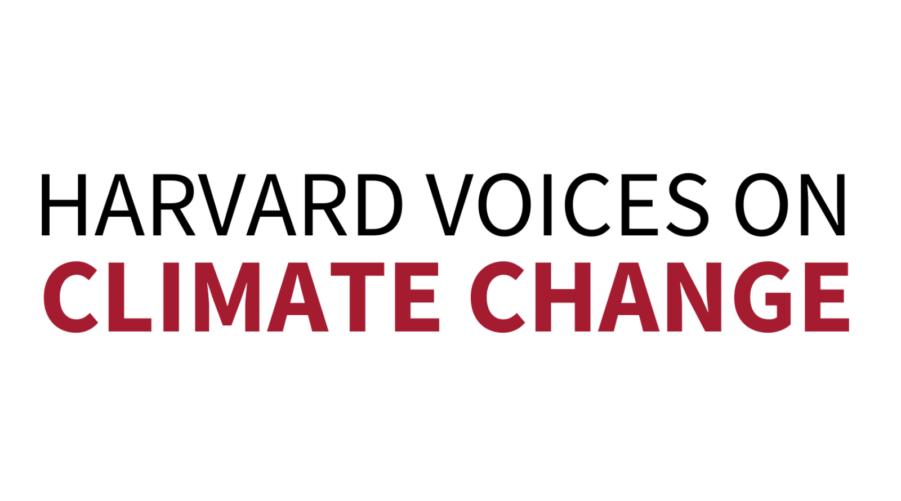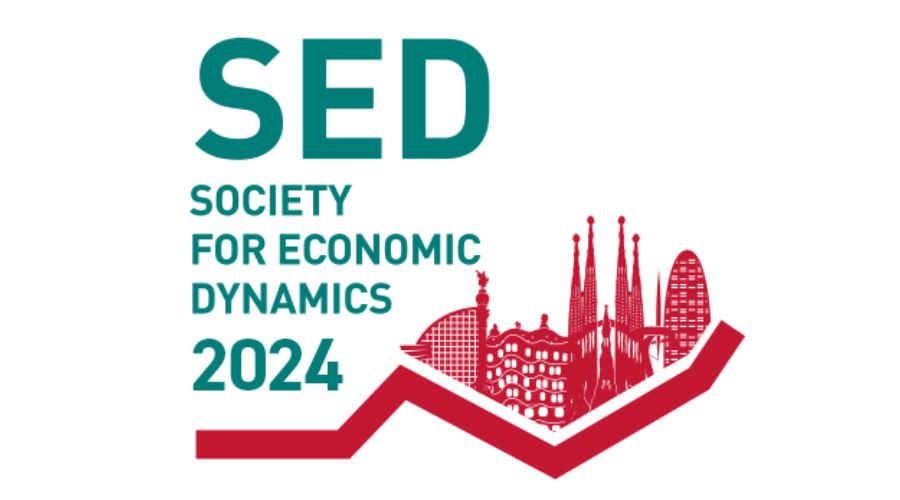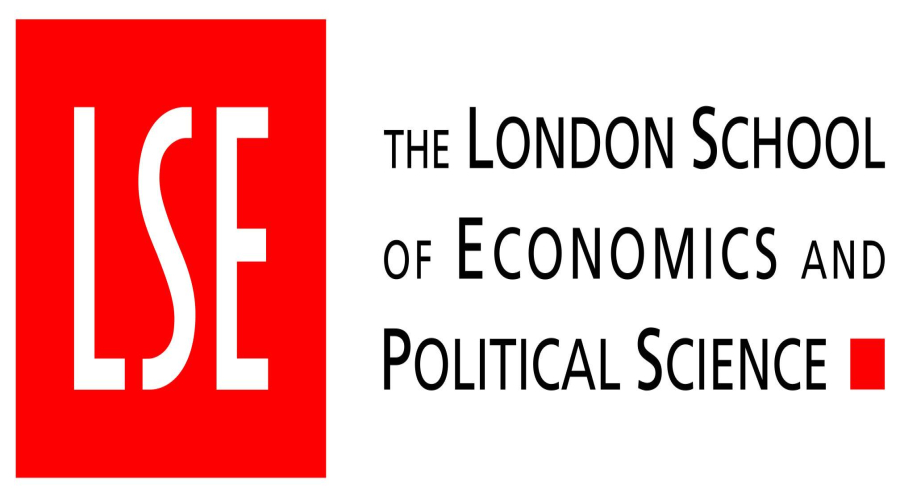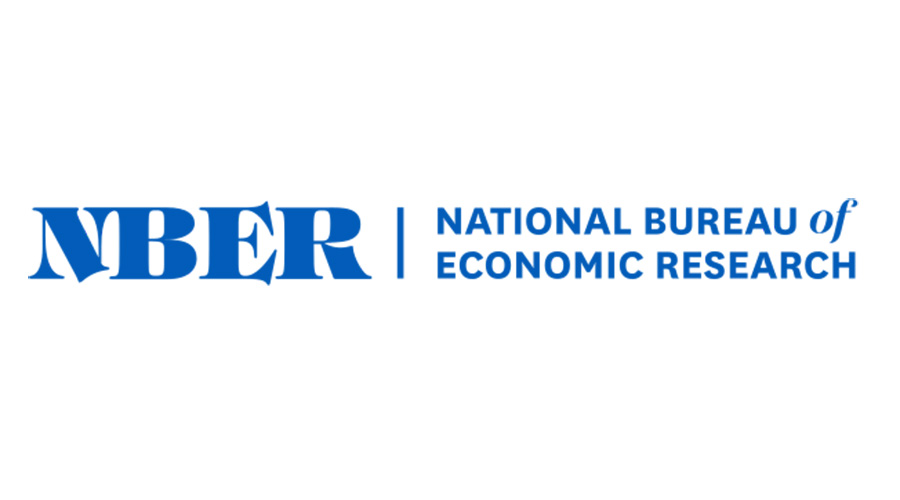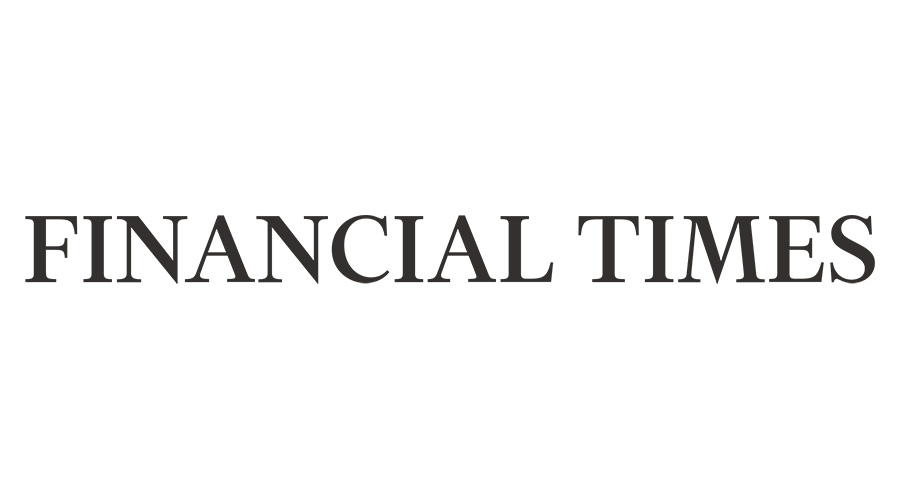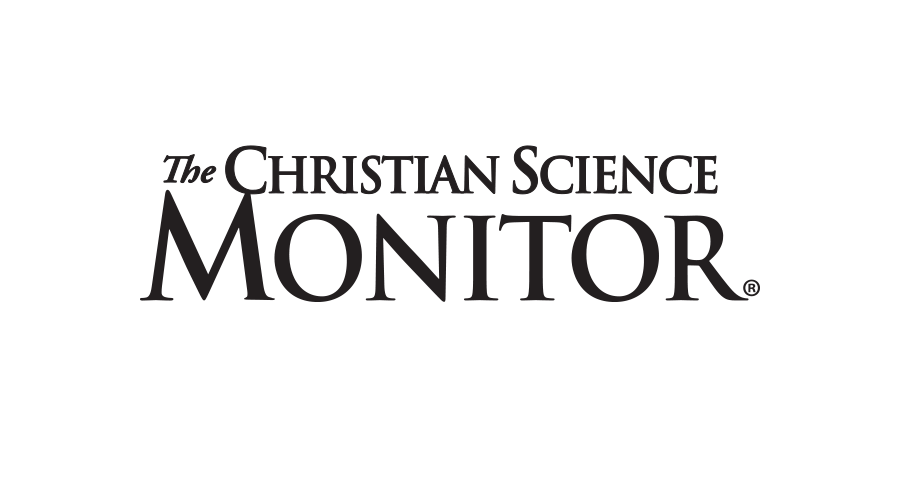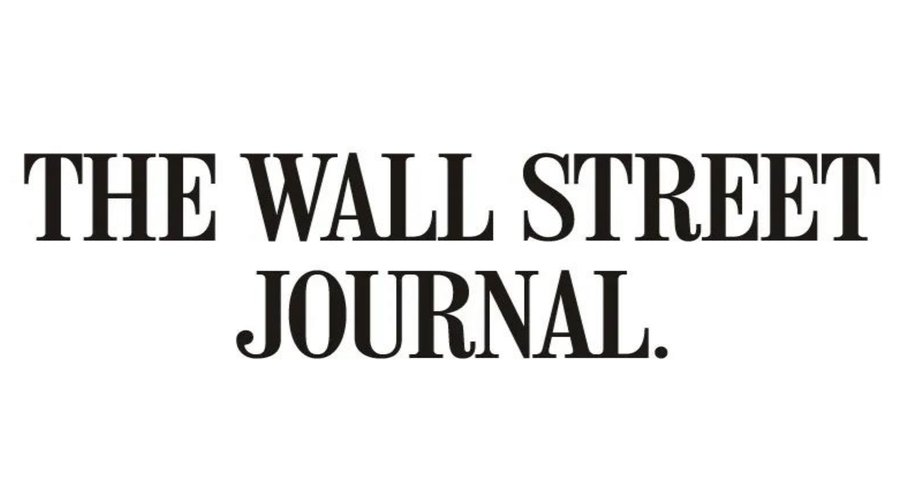Research
Explore our research findings.

Emotions and Policy Views
This paper investigates the growing role of emotions in shaping policy views. Analyzing social citizens’ media postings and political party messaging over a large variety of policy issues from 2013 to 2024, we document a

Emotions and Policy Views
This paper investigates the growing role of emotions in shaping policy views. Analyzing social citizens’ media postings and political party messaging over a large variety of policy issues from 2013 to 2024, we document a
Discover what you are looking for
Working Papers
- Author(s): Eva Davoine, Stefanie Stantcheva, Thomas Renault, Yann Algan
This paper investigates the growing role of emotions in shaping policy views. Analyzing social citizens' media postings and political party messaging over a large variety of policy issues from 2013 to 2024, we document a...
- Author(s): Joshua Schwartzstein, Marcella Alsan, Stefanie Stantcheva
Personal lethal firearm ownership has for several decades been a hot button political issue in the United States. This article aims to explore the motivations and beliefs underlying sharply different views on the subject through...
- Author(s): Pierfrancesco Mei, Roberto Colarieti, Stefanie Stantcheva
This paper studies how and why households adjust their spending, saving, and borrowing in response to transitory income shocks. We leverage new large-scale survey data to first quantitatively assess households’ intertemporal marginal propensities to consume...
- Author(s): Nathan Nunn, Sahil Chinoy, Sandra Sequeira, Stefanie Stantcheva
We investigate the origins and implications of zero-sum thinking -- the belief that gains for one individual or group tend to come at the cost of others. Using a new survey of a representative sample...
Publications
- Author(s): Stefanie Stantcheva
In this lecture, I investigate how perceptions, mindsets, and beliefs influence public attitudes toward economic policies, building on existing research. I introduce a conceptual framework that highlights the roles of self-interest, broader societal impacts, and...
Using new surveys on more than 40,000 respondents in twenty countries that account for 72% of global CO2 emissions, we study the understanding of and attitudes toward climate change...
- Author(s): Christopher Roth, Ingar Haaland, Johannes Wohlfart, Stefanie Stantcheva
We survey the recent literature in economics measuring what is on top of people’s minds using open-ended questions. We first provide an overview of studies in political economy, macroeconomics, finance, labor economics, and behavioral economics...
- Author(s): Alberto Binetti, Francesco Nuzzi, Stefanie Stantcheva
This paper studies people’s understanding of inflation — their perceived causes, consequences, trade-offs — and the policies supported to mitigate its effects. We design a new, detailed online survey based on the rich existing literature...
Updates, Events & News
Updates & Events
News
Tim Hartford: Stefanie Stantcheva’s economic survey of US citizens deserves the acclaim it has received
Founder of Harvard’s Social Economics Lab on a mindset held across the bipartisan divide
Inflation has come way down in the past two years. But the issue might have decided the recent presidential election, and its effects still weigh on many Americans.
Even inflation this low could feed consumer frustration, workplace friction and an inflationary psychology
Gains for women aren’t losses for men and the opposite is also true. Shifting from competition to collaboration makes progress a win-win for all.


